Absolutely "horses are native to America" specifically North America. Their ancestors were called "dawn horses," having wandered across the continent around 55 million years prior. The species was wiped out completely from North America around 10,000 years ago, and were brought back by Spanish explorators around the time of 16th century.
Chapter 1: The Dawn of Horses in North America
Let's dive into a chapter to provide the answer to the question "Are horses native to North America?". The answer, incredulously is a clear yes. Horses have a long history of their own in North America that spans millions of years and dates back to a time in which the continent was the home of a variety of bizarre and fascinating creatures.
The history about horses throughout North America begins with a tiny creature called Eohippus which is also known as known as the "dawn horse". The first ancestors to our modern horses emerged around 55 million years back during what's now referred to as"the Epoch of Eocene. Not as large and single-toed creatures we're familiar with nowadays the "dawn horses" were small approximately similar to a medium-sized dog, and had several toes on each foot.
It is believed that the North American continent, over time, was transformed into the cradle of equine evolution. Through the course of many millennia horses evolved and changed into a wide diversity of shapes and species. Some were fast runners while others were hefty explorers and all were at home in their environment. It was in many ways an era of horses that was ablaze and pastures in North America providing the perfect environment for their continuous evolution.
But a dark cloud loomed over the edge. About 10,000 years ago towards the end of the current Ice Age, North America was hit by a massive wave disappearances. Mammoths, saber-toothed cat, huge ground sloths as well as a variety of different "megafauna" disappeared during this time. Horses were also part of the wave of disappearance.
Horses' disappearance in North America remains a contentious subject with scientists. There are many theories and some suggest drastic changes in the climate as the reason. The conclusion of Ice Age brought sweeping changes in habitats and vegetation and they could have been devastating for horses. Other theories suggest that hunting by humans caused their death. Humans who first migrated to the continent, may have hunted horses to the point of extinction.
Therefore, the response to "are horses native to North America" is a sure yes, it has an additional twist. The horses of the past that walked across the continent weren't the same horses we have to be today. The story of the horses of North America is, therefore an epic tale of evolution, loss and, ultimately, rebirth. As we'll discover later in this chapter there was no horse in North America was not a perpetual condition.
Also read: horse with blue eyes?

Chapter 2: The Resurgence of Horses in the Americas
After the great extinction which destroyed the horses across North America, the landscape was void of these magnificent creatures for many thousands of years. Now, we are in the Age of Exploration, an time of discovery and conquer. This was the time when the subject matter" "are horses native to the Americas?" is taken a new direction.
The 16th- and 15th-century were a period of extraordinary exploration and exploration, with the Old World determined to explore the New. Christopher Columbus's journeys are most well-known, of course however, Columbus was far from being the only one. Spanish conquistadors and explorers follow in his footsteps motivated by a need for glory, gold, and souls that were ready to be converted.
The moment that Columbus and his contemporaries set foot to the New World, they found an entirely different landscape from the one they had grown accustomed to. There no horses to be observed. The animals that were so integral to existence in Europe, Asia, and Africa were not present in the new country. The Spanish made the decision to alter the way they lived.
In the 16th century, the Spanish began bringing horses from their native country in the Americas. They discovered that these Iberian horses were perfectly suited for the job ahead. Hardy and steady-footed, they were quickly breeding, they started to increase within the New World slow initially, but at increasing speed as the years progressed.
The imported horses weren't just beasts of burden. They were crucial instruments for conquest, giving significant advantages to the Spanish during their battles with indigenous people in the Americas. Images of the horse-mounted conquistador was a recognizable image of the time and demonstrates the influence horses had on the development across the globe.
But they did not stay in the same place. Spanish horses were not restricted to the territory of their conquerors. A few escaped, or escaped and they became the core of wild herds which started to expand throughout the world. They began to rewild the areas where their ancient ancestral ancestors once roamed.
From these wild animals sprung the horses that would later come to represent the American West The Mustangs. Flexible, hardy and free, they are horse's descendants imported by the Spanish as well as different breeds brought in by the later settlers.
When we ask "are there any horses native to North America?" In our minds, we are reminded of the Mustangs who roam free in the vast expanses that lie in the West. The existence of these horses is testimony to the strength of the horse's spirit, a symbol of liberty and a constant link to a time in which horses were brought back to the homeland they once called home. The next chapters will detail the path of horses through South America and the impacts they had on the cultures and communities they came across.
Chapter 3: The South American Equine Journey
We've ridden across the history of horses throughout North America. What about South America? Are horses also being reintroduced? In fact they were. However, let's go back to a little. To answer fully the question "are horses native to South America? " We must go back to the past.
As with similar to North American counterparts, South America was the place of prehistoric horses. These were known in the form of Hippidion as well as Equus (Amerhippus) and Equus (Amerhippus), these horses were a common sight in open grasslands together with ground sloths and saber-toothed leopards. However, they also, suffered the same fate of horses from the North American horses, going extinct in the same period of date.
In in the year 16th, and the South American landscape was about to undergo a dramatic change. The Spanish during their journeys and conquest, did not limit their efforts only to North America. They also explored further south, taking along their beloved companions - the horses.
Introduction of the horse into South America marked a new time. The horses were not only essential to the Spanish conquest, but also influenced the way of life of the indigenous people they met. They also changed the way of life for indigenous people. South American lowlands, with the vast grassy plains created the perfect environment for the imported horses to flourish.
Within a couple of generations, horses were been introduced to the whole globe, from dry plains in the northern part of Argentina and the luxuriant grasslands at high altitude in Peru as well as Ecuador. The indigenous people living in these regions rapidly incorporated horses into their culture and used them for transport as well as hunting, fighting as well as trading.
In the southern areas in the world, the horses led to a new style of life, the lifestyle associated with the Gauchos. The South American cowboys became an emblematic symbol in the South American region and relied heavily on horses to carry out their daily life. It's a fact that the Gaucho lifestyle wouldn't be possible without the return of horses.
To answer the question "are horses native to South America? " We have an answer similar as we do that we have for North America. Horses were indigenous in South America, but those species have gone extinct for a long time. The horses that we see today are the descendants of the horses that were reintroduced through the Spanish. We'll look into this in the coming sections, the horses did not only survive throughout the Americas but they also shaped the cultures and societies that surrounded them.
Also read: horse and buggy?

Chapter 4: Today's North American Horse Breeds
While we travel through this epic equestrian tale it is clear that horses have played a major role to the history that has shaped the Americas. From the dawn horses of the past to the Spanish return, these magnificent creatures have developed a unique story. What, "are any horses native to North America" currently? Although the horses that we see today are the descendants of the breeds that were introduced by the Spanish there are some breeds that are thought to be as native to North America due to their distinctive evolution in this region of the world.
The most well-known of them most well-known are Mustangs. Their name comes from the Spanish word'mestengo which translates to'stray beast These horses are a symbol of the wild. They are descendants to the Spanish horses that came into in the Americas during the sixteenth century. Mustangs can be found today throughout in the mountains and plains of American West.
Their fame stems from their tenacity, flexibility and freedom of spirit. They have adapted to live in many different ecosystems that range from the deserts in Nevada to the rough mountains of Wyoming. They represent the spirit of west. West and are frequently praised in popular culture due to their unflagging and free-spirited spirit.
But, Mustangs aren't the only breed that can stake a right to be called being native North American horses. The Appaloosa breed, which is renowned for its distinctive spotted coat is another notable mention. They were first bred in members of the Nez Perce tribe of the Pacific Northwest, reflecting a obvious evidence that selective breeding was prevalent in the years prior to European contact.
Similar to similarly, the American Quarter Horse, known for its amazing speed across short distances, has a place in North American equine history. Its roots are in the colonial period of America which indicates that the evolution of 'native breeds of horses is a constant process.
Unfortunately these breeds, especially the Mustangs are facing challenges in the present because their habitats are shrinking because of human intrusion. Their struggle to survive is a reminder of the importance of protecting wildlife and our responsibility as stewards for these wonderful creatures. The next section we'll look at how horses, with their diverse breeds and shapes have influenced the culture of the Americas and added an additional layer of the many facets of that question "are there horses native to America?".
Chapter 5: Horses and Cultural Evolution in the Americas
As we've seen in the previous chapter, the horses despite not native to the Americas they have profoundly shaped the culture and history across the globe. To really solve the issue "are there horses native to America?" It is important to look beyond the biological roots and think about the significance of their culture.
The history of North America, the reintroduction of horses drastically changed the lives of the indigenous tribes. Tribes that took on the horse, also known as the 'horse-based cultures' saw important advantages in terms mobility and combat. They also gained advantages in terms of warfare. Plains Indians, for instance have become extraordinary horsemen. Their increased mobility enabled their hunt for buffalo more efficiently and drastically altering their diet, lifestyle along with their structure of society.
In reality, many of the traditional representations of Native Americans often include horses to illustrate the deep connection between horses and humans. They were thought to be valuable property and were a representation of riches. They also played a significant part in various rituals, ceremonies and folklore and further reinforced their significance in the culture.
Through time, the culture of the cowboy has also developed, particularly within western Western United States, shaping the American frontier's image. The cowboy culture was built around horses which symbolized freedom, individualism, as well as the frontier spirit.
Moving to the south of South America, the emergence of the Gaucho culture in Argentina, Uruguay, and Southern Brazil is a clear evidence of the transformational power of horses. Gauchos, which are the equivalent of North American cowboys, relied heavily on horses to herd cattle. They are recognized as folk heroes of the nation and are a significant element of the regional identity.
The high plains in North America to the vast pampas of South America, horses have evidently left their footprints across the social, cultural as well as economic terrains across the Americas. They have been interwoven into the fabric of human existence, permanently altering the course of human time.
The question "are there any horses native to North America?" or South America, for that reason, might result in the answer 'no', when we only consider the genetic lineage of horses. But if we look at the concept of "native" in the context of influence and integration across cultures it is likely to quite likely be a yes. Horses are now an irresistible aspect of Americas and their fates are interwoven with ours in a common history that is recorded with every passing day.
Also read: how long do horses live in the wild?

Frequently Asked Questions
1. Are there any horses native to North America? Yes, the Mustangs, descendants of Spanish horses, are considered native to North America.
2. Were horses always in America? Horses originated in North America but went extinct around 10,000 years ago. They were reintroduced by Spanish explorers in the 16th century.
3. Did Native Americans have horses before the Europeans arrived? No, horses became extinct in North America long before Native Americans established their societies. They only encountered horses after Europeans brought them in the 16th century.
4. Are horses native to South America? Horses originated in North America and migrated to South America. However, like in North America, they went extinct and were later reintroduced by the Spanish.
5. How did the reintroduction of horses affect the Americas? Horses revolutionized transportation, trade, warfare, and hunting practices in the Americas. They significantly shaped Native American cultures and the cowboy lifestyle in the Western United States.
Conclusion
In conclusion, while horses were indeed once native to the Americas, the horses we see today are largely descendants of those reintroduced by Spanish explorers. The history of horses in the Americas is a fascinating tale of extinction, reintroduction, and cultural revolution. As we look at the Mustangs roaming wild, we're reminded not only of their journey but also of the transformative impact they've had on the cultural fabric of the Americas.
This complex history reinforces the importance of preserving these iconic animals, allowing future generations to also marvel at their strength, grace, and enduring symbolism in American history.








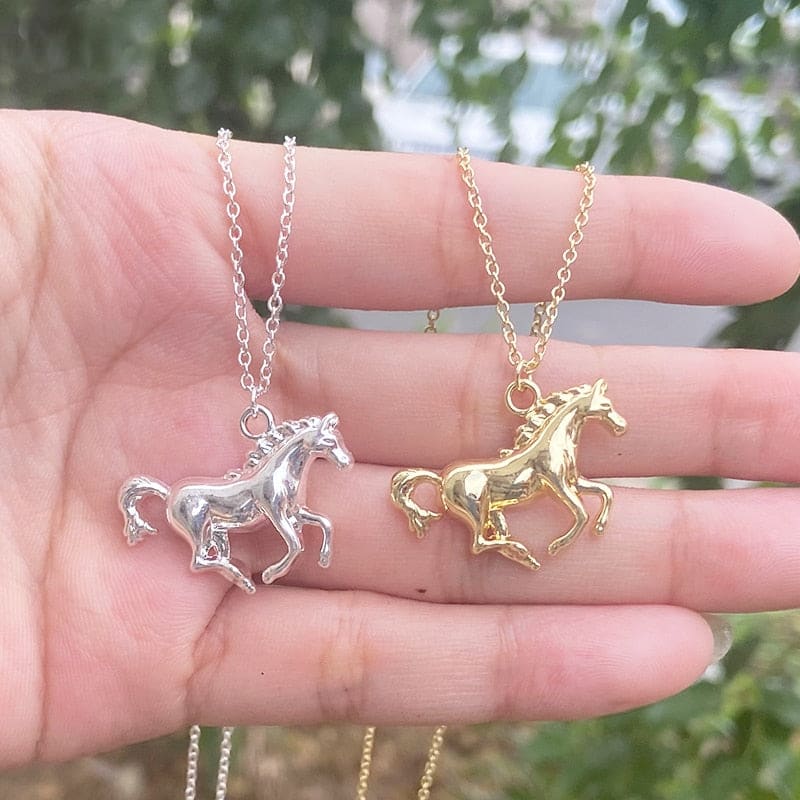
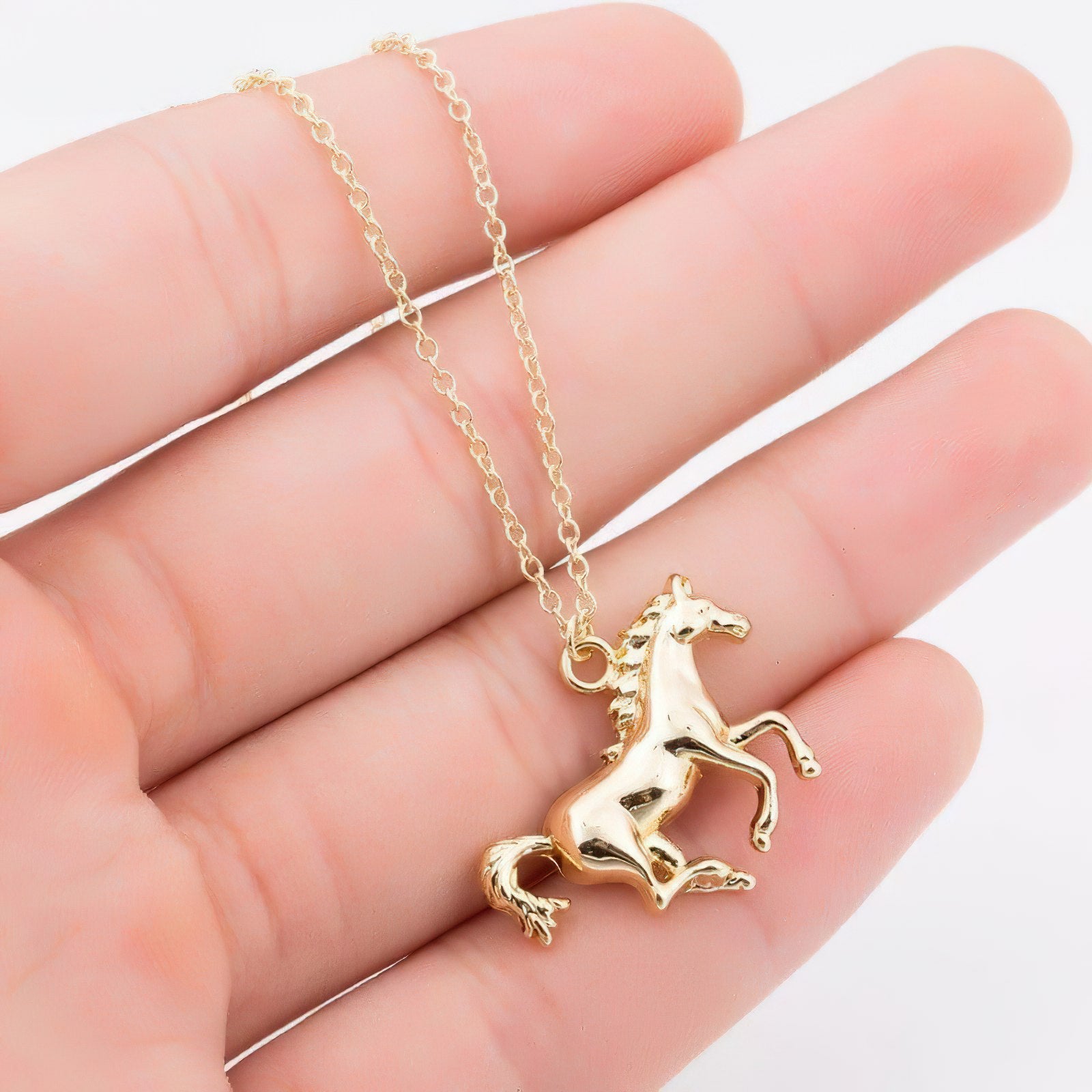
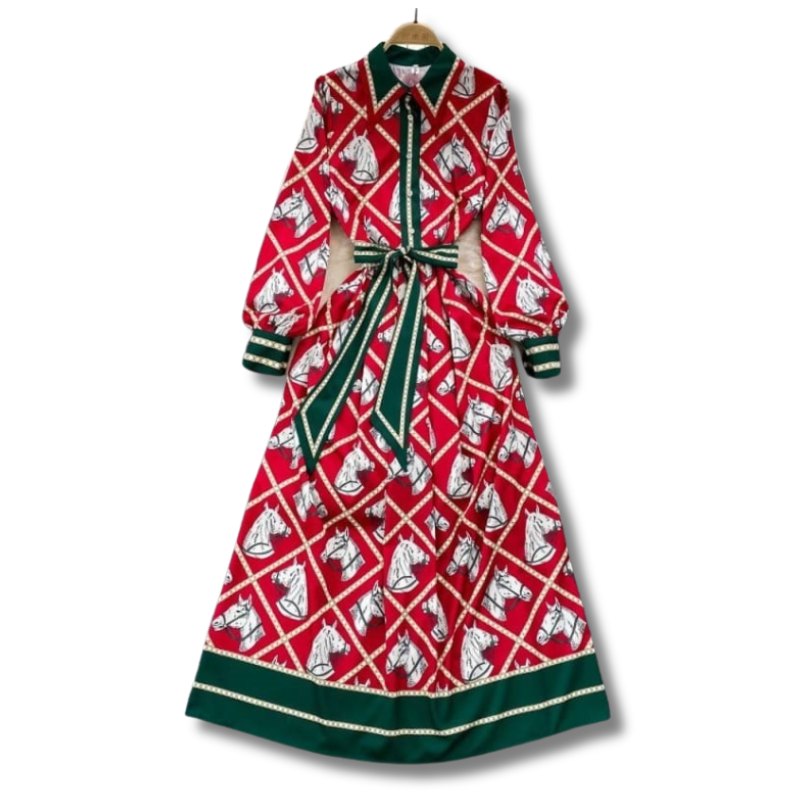





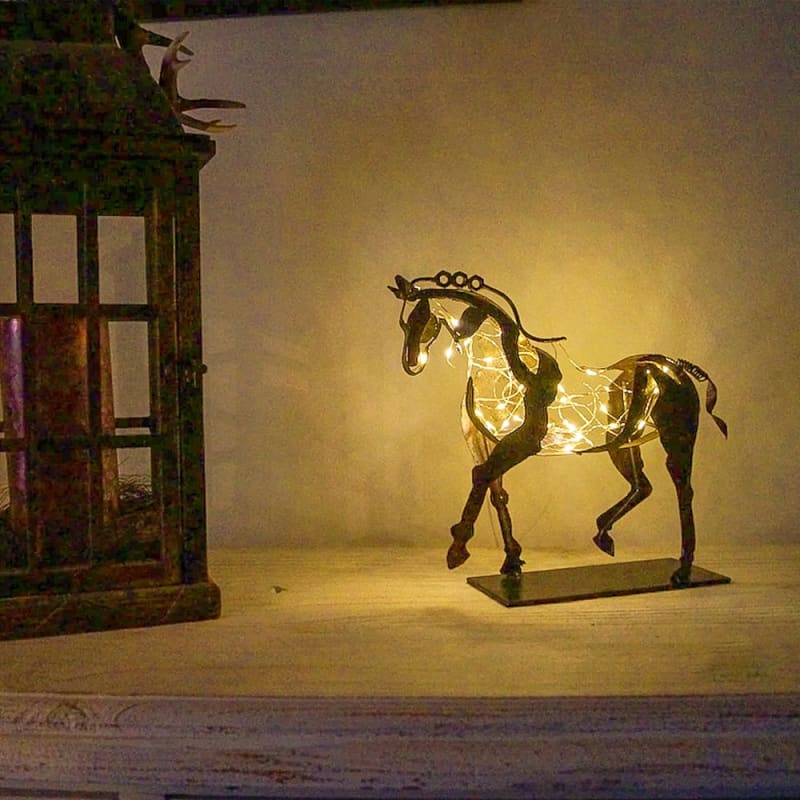




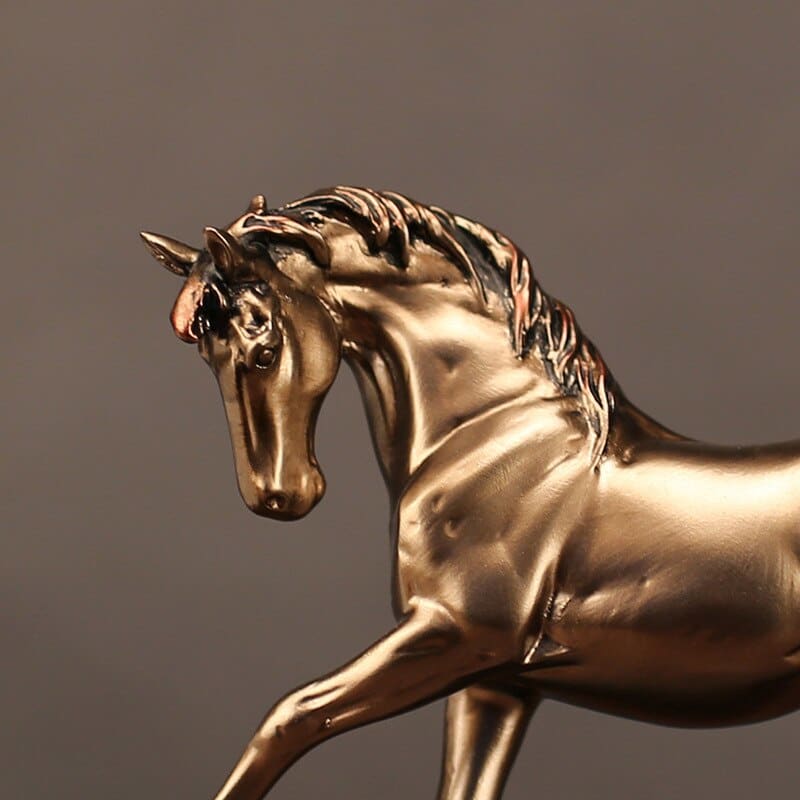
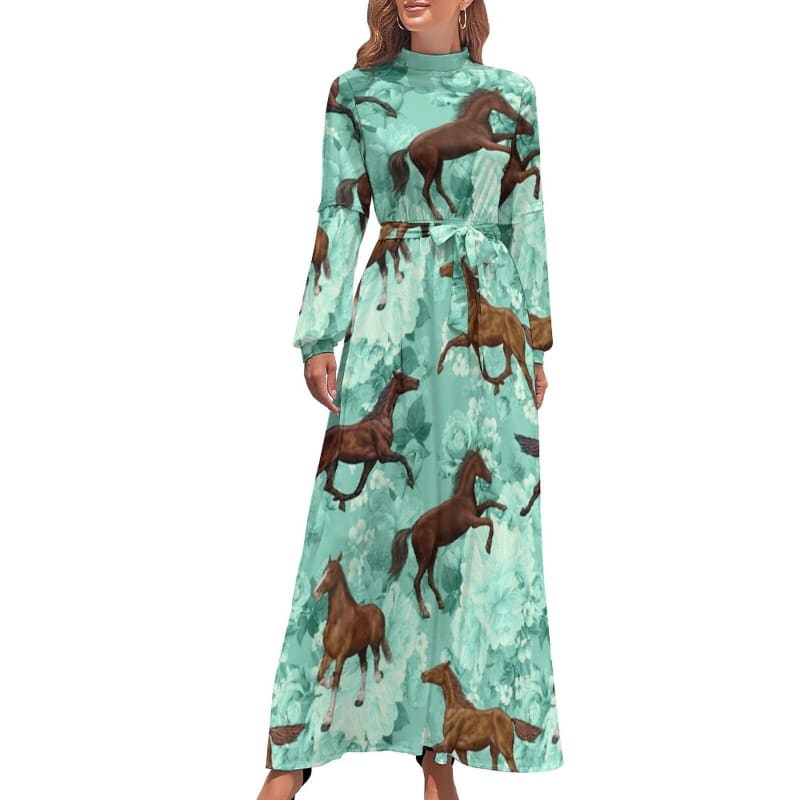

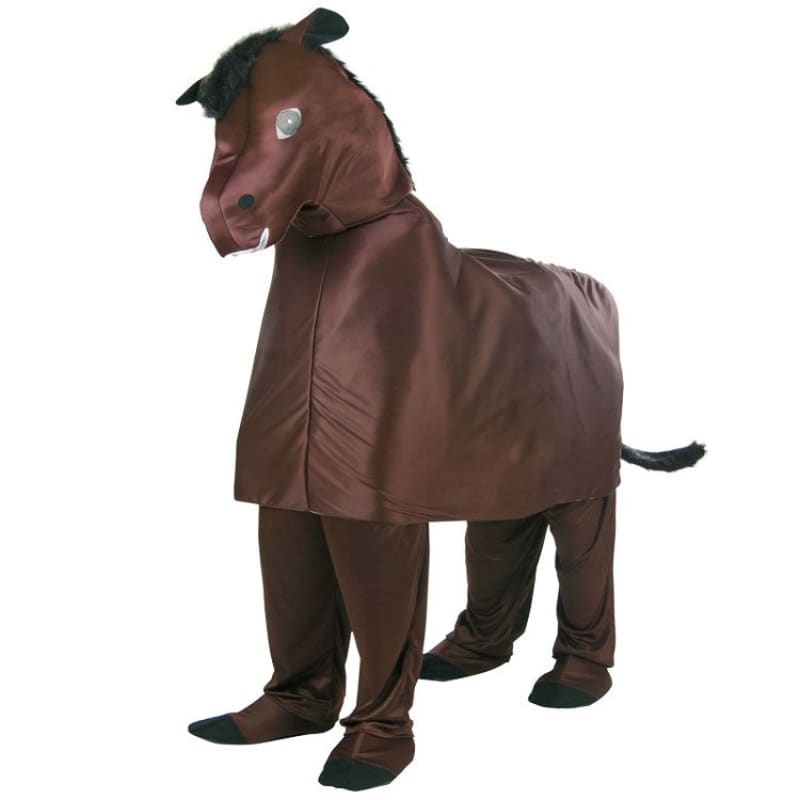
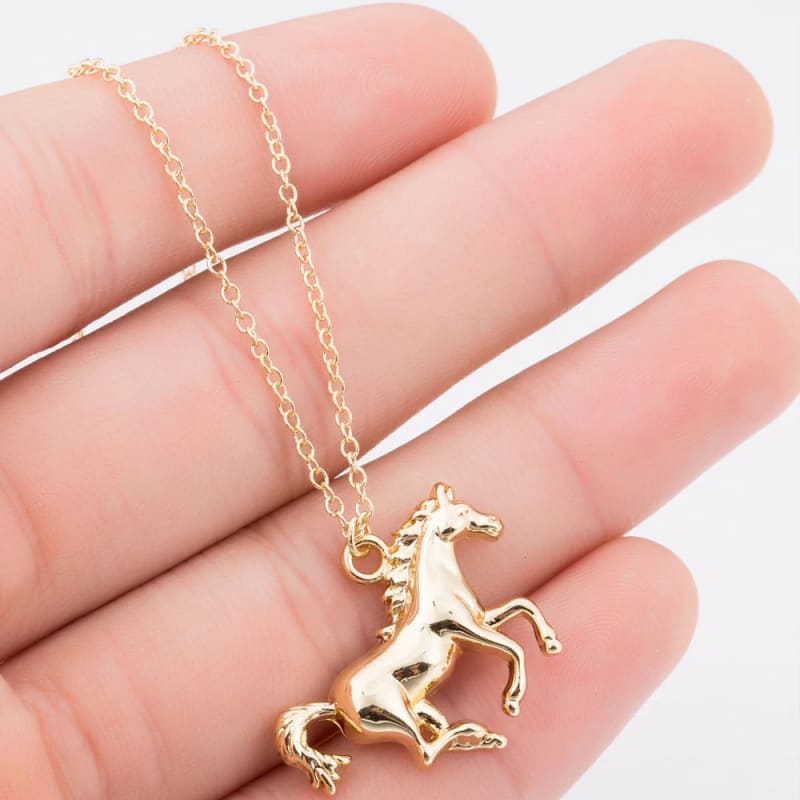
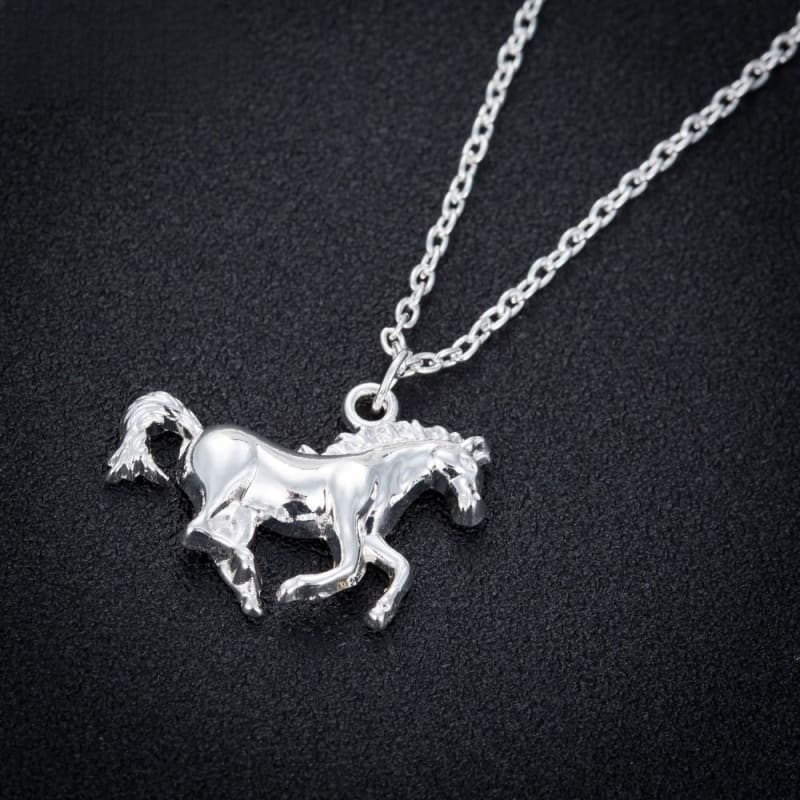


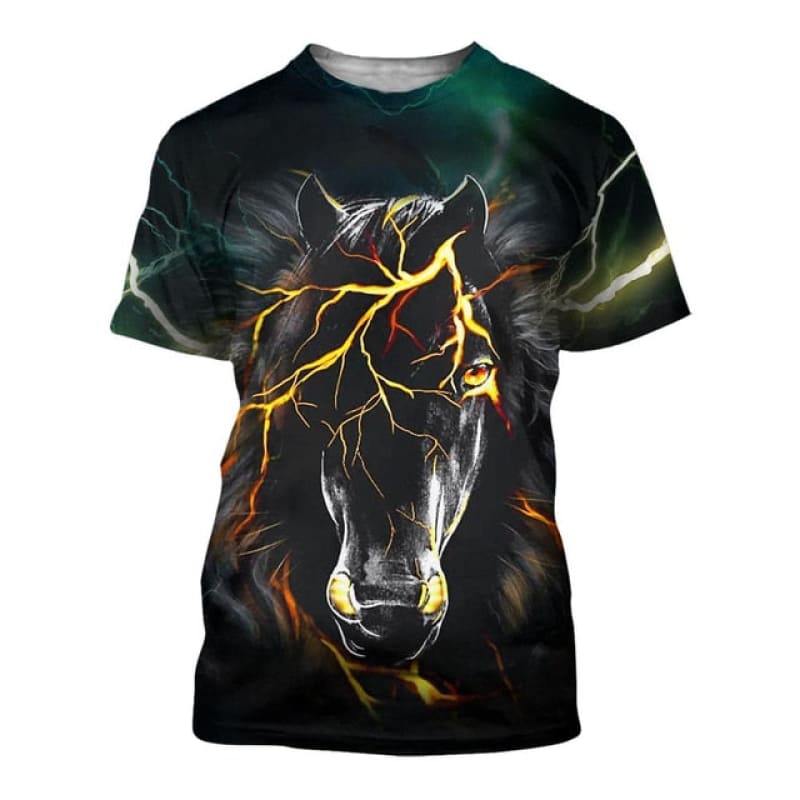

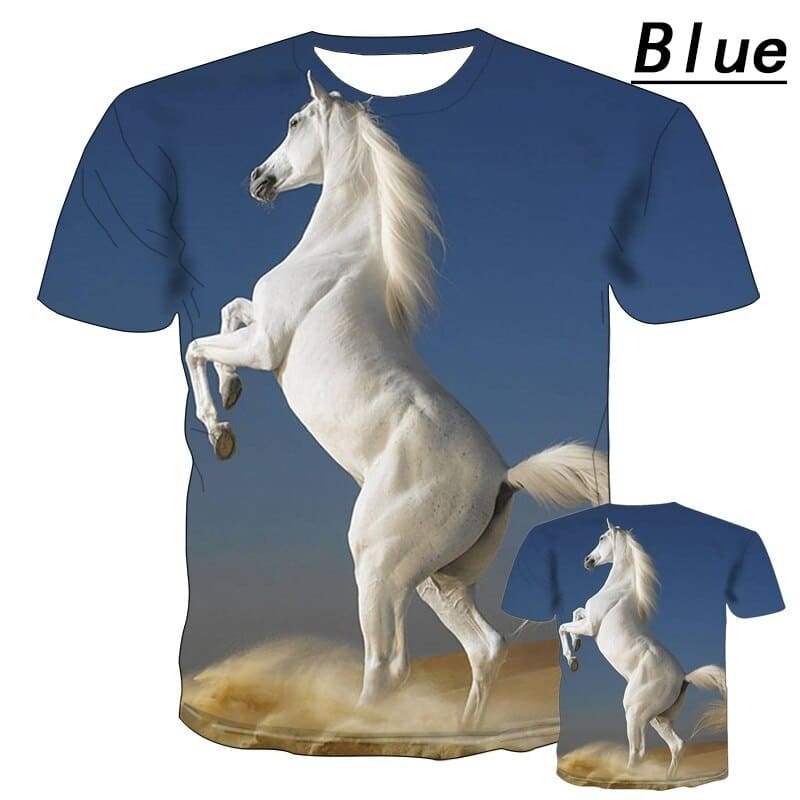

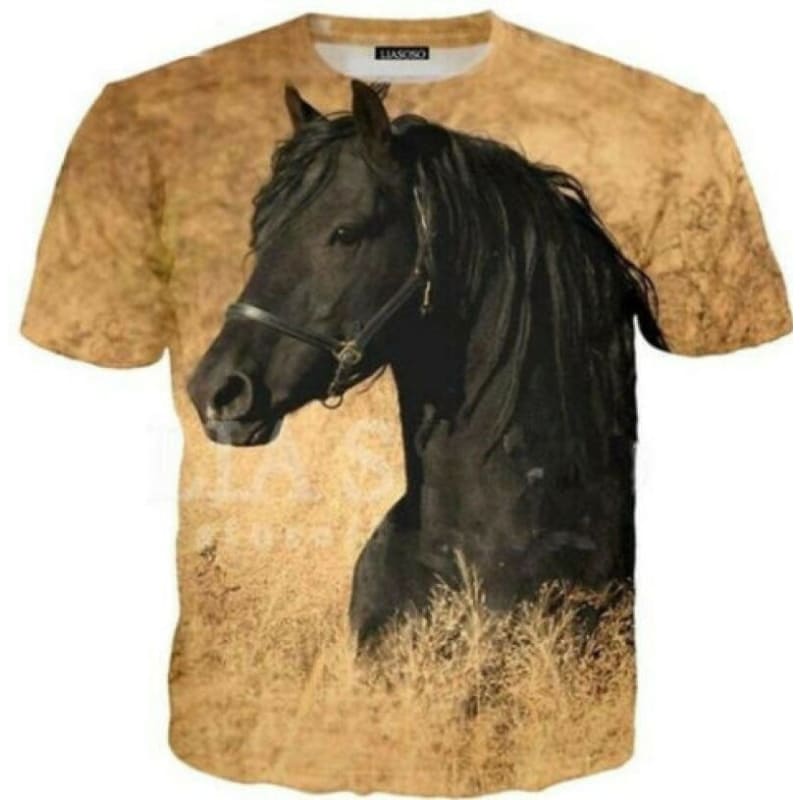





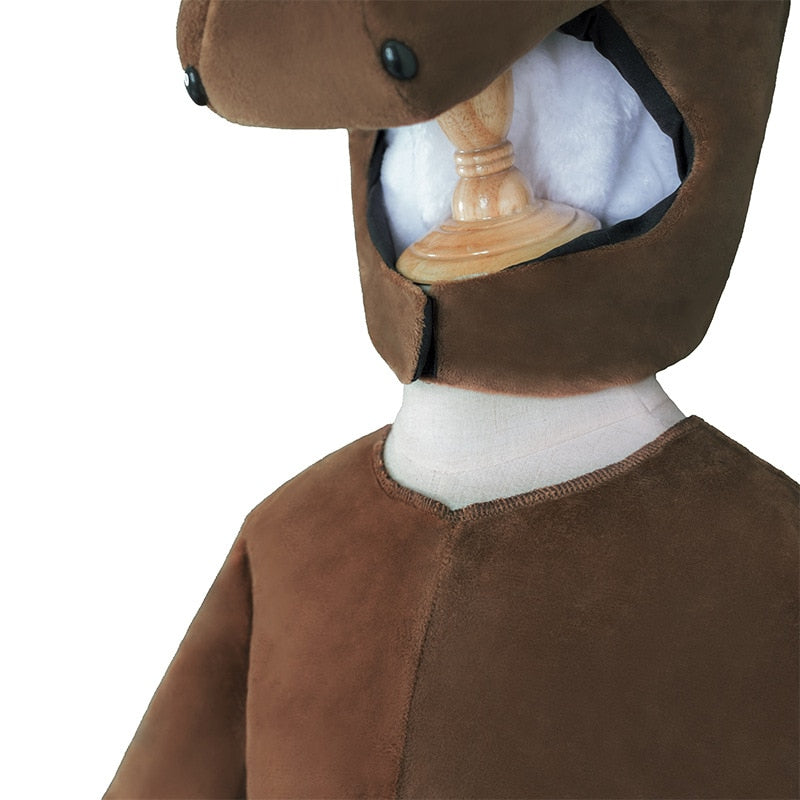
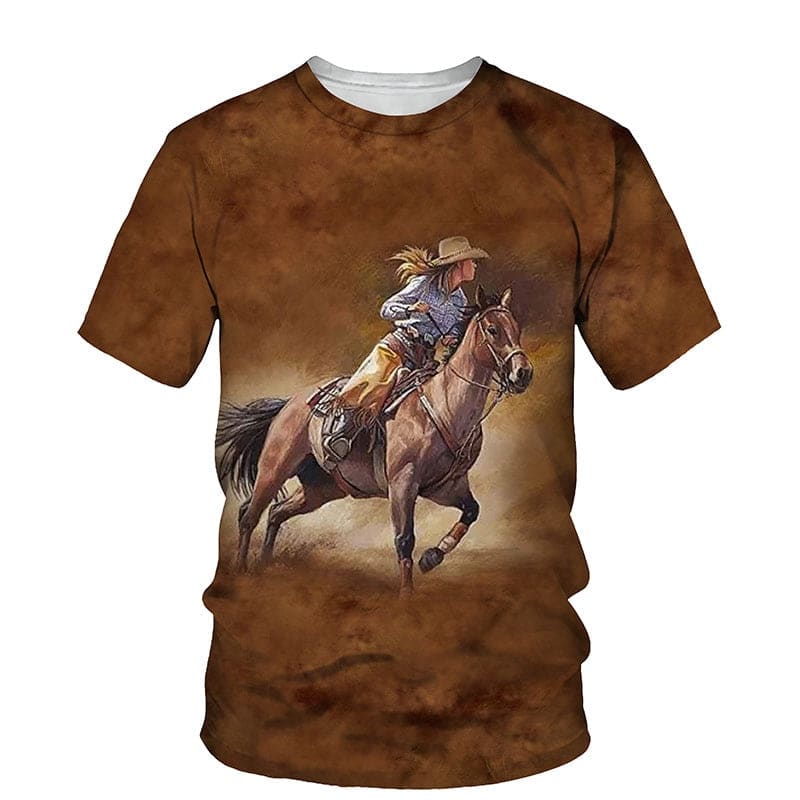








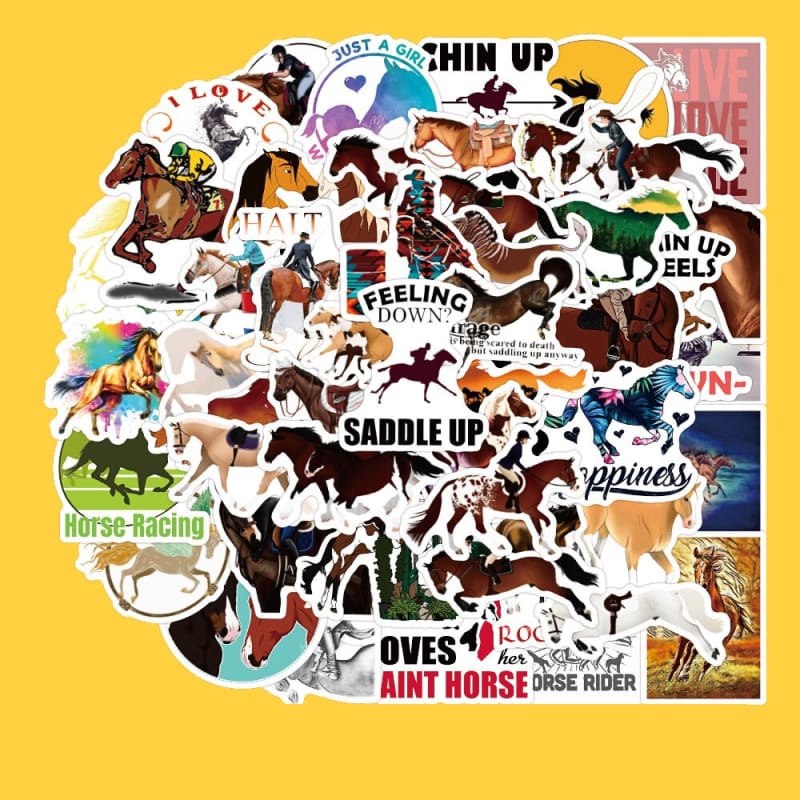


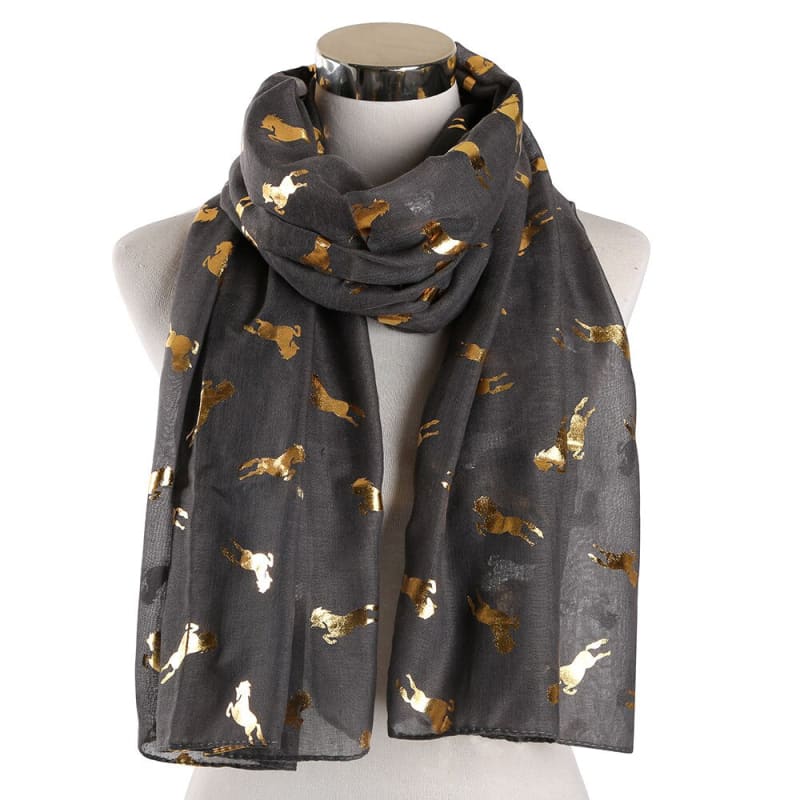



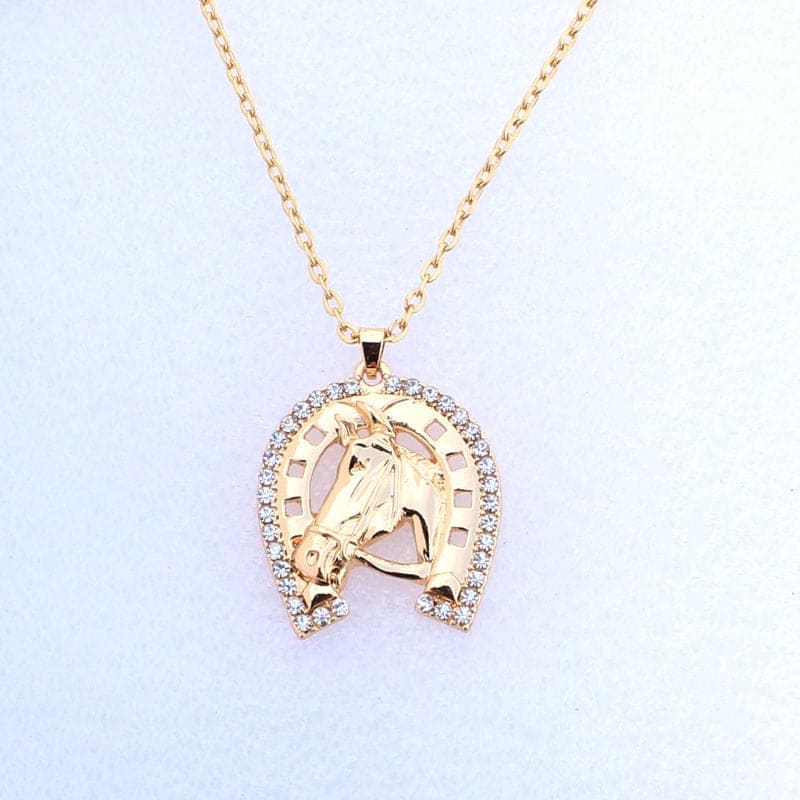
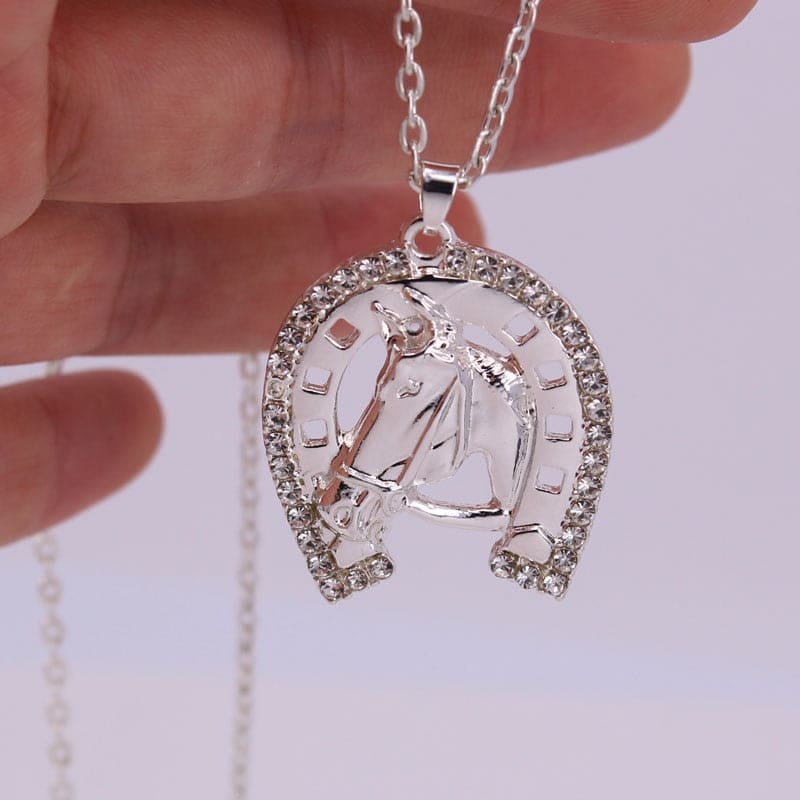
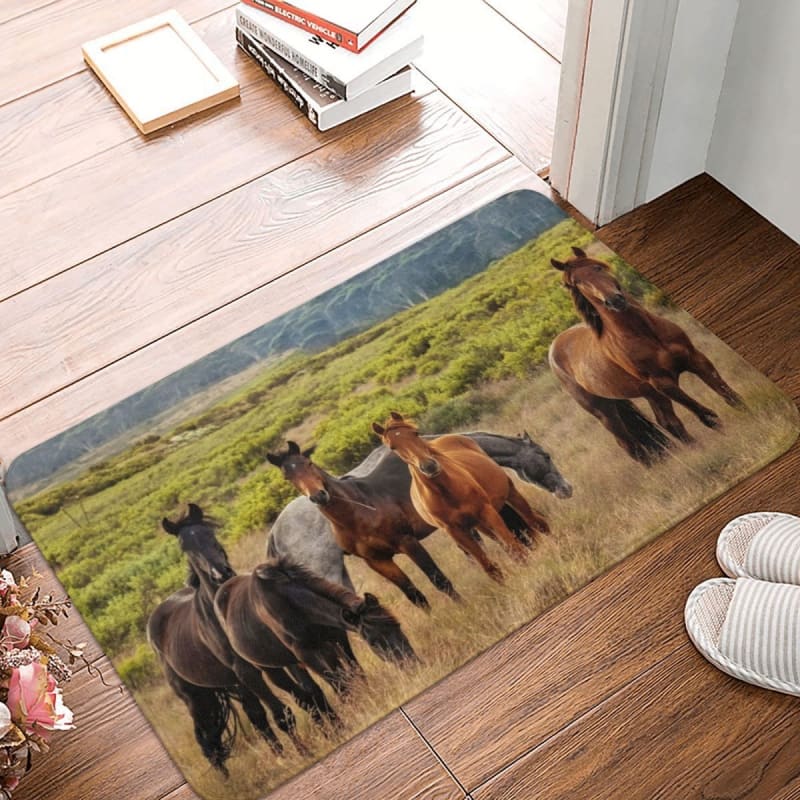










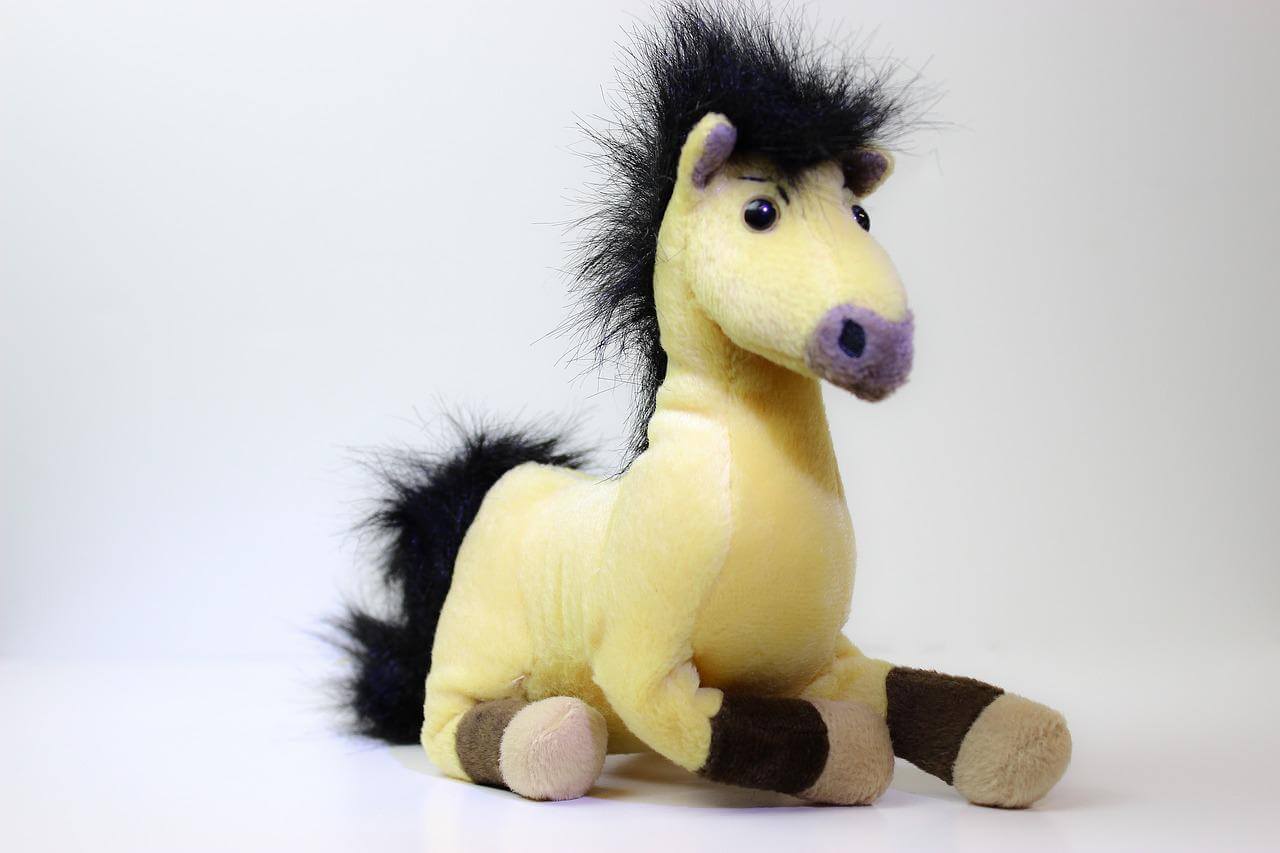
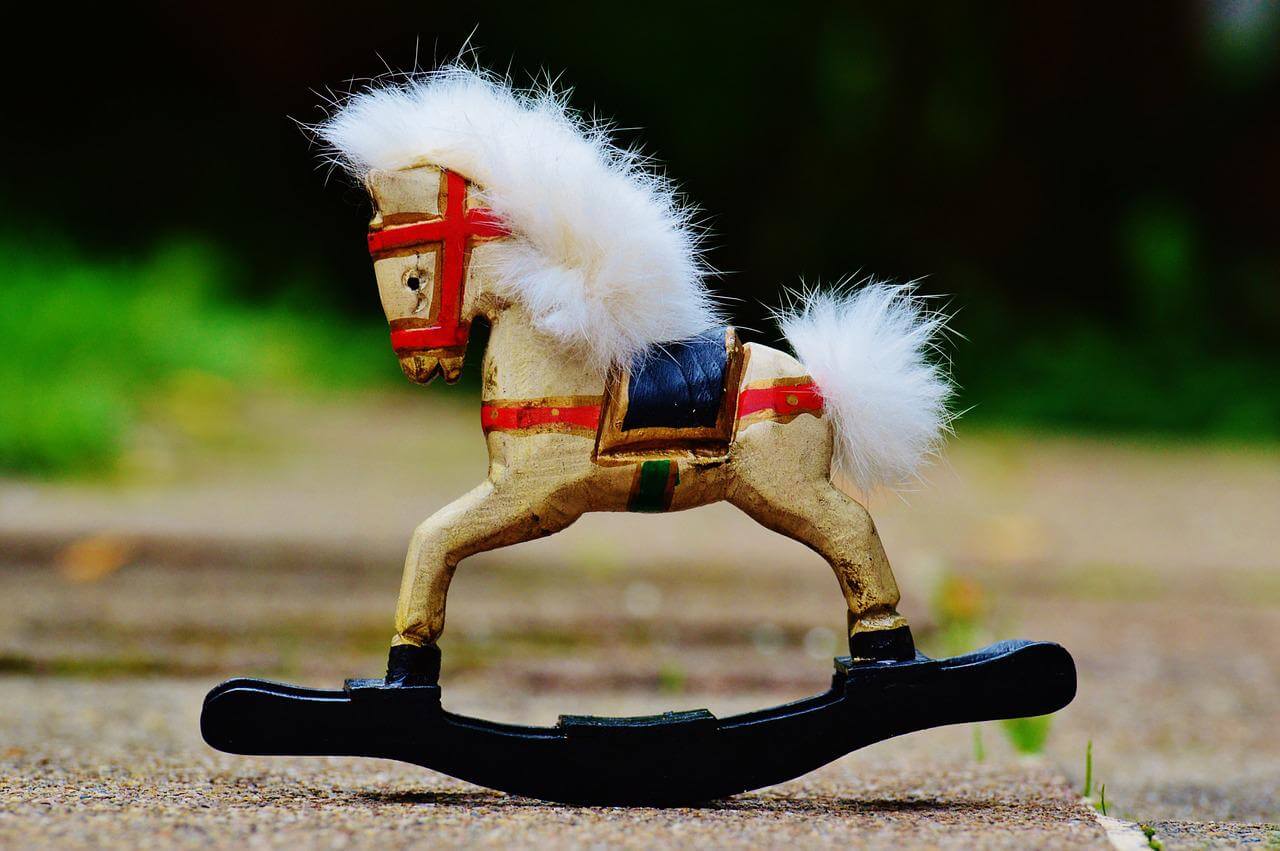
Leave a comment
All comments are moderated before being published.
This site is protected by reCAPTCHA and the Google Privacy Policy and Terms of Service apply.